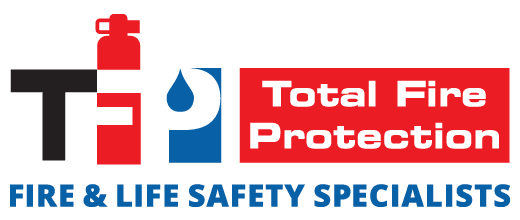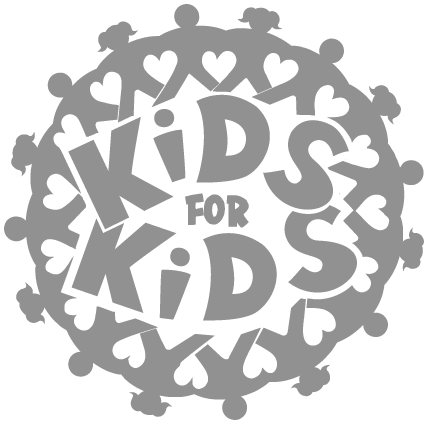In any commercial kitchen, safety and cleanliness go hand-in-hand—and nowhere is this more critical than in your hood and duct system. As one of the most fire-prone areas of your kitchen, neglecting regular maintenance can have devastating consequences. According to the National Fire Protection Association (NFPA), failure to clean kitchen hoods and ducts is a leading cause of restaurant fires. That’s why NFPA 96 requires professional cleaning of commercial kitchen hood and duct systems on a quarterly basis.
Beyond compliance, routine cleaning offers a range of operational, environmental, and financial advantages. It plays a vital role in protecting your staff, customers, equipment, and reputation. Here are five key benefits of hood cleaning that every restaurant owner and operator should understand.
1. Enhancing Fire Safety
The most compelling reason to prioritize kitchen duct maintenance is fire prevention and life saftey. Over time, cooking releases grease-laden vapors that travel through the hood and exhaust system. These vapors cool and settle along the inner surfaces of your ducts, forming a flammable layer of grease. If ignited, this grease can fuel a rapidly spreading fire that puts your staff, customers, and entire facility at risk.
Routine cleaning helps by:

- Removing highly flammable grease buildup from hoods and ducts that accumulate with daily cooking in kitchens.
- Preventing grease fires that can spread rapidly through ventilation systems, damaging equipment, ductwork, and other parts of the building.
- Supporting the effectiveness of your kitchen fire suppression system by ensuring that suppression agents aren’t obstructed by built-up residue.
- Reducing overall fire risk and keeping your facility safer, which would also lead to fewer insurance claims and lower premiums over time.
Keeping your system clean is a fundamental part of any restaurant’s safety protocol and a top recommendation on the list of restaurant safety tips—and it could be the difference between a minor incident and a catastrophic fire.
2. Ensuring Code Compliance and Avoiding Fines
Fire marshals and local authorities routinely inspect commercial kitchens for compliance with NFPA 96 and other local codes. These inspections are not just formalities—they’re essential for ensuring public safety in high-risk environments. Failure to meet these standards can result in costly fines, fire code violations, or even forced closures that would disrupt business and damage your reputation.
Regular hood and duct cleaning helps you stay compliant with:
- NFPA 96 (Ventilation Control and Fire Protection of Commercial Cooking Operations), which outlines the national standards for cleaning frequency, system design, and grease removal.
- Local health and fire department regulations, which often have stricter requirements based on cooking volume, fuel types, and facility layout.
- Insurance policy requirements, which may mandate proof of ongoing maintenance to maintain coverage and avoid claim disputes in the event of a fire.
- Quarterly inspection schedules mandated for high-volume kitchens, particularly those using solid fuel or operating for extended hours each day.
Partnering with certified professionals ensures your kitchen meets both national standards and local requirements.It also provides documented proof of compliance, which can be critical during inspections or insurance audits. Staying ahead of regulatory obligations not only protects your business from penalties—it reinforces your commitment to safety and professionalism.
3. Improving Air Quality and Reducing Odors
A clean exhaust system does more than reduce fire hazards—it also plays a key role in maintaining indoor air quality. Grease, smoke, and other airborne particles can build up in your ductwork and recirculate into the kitchen or dining area, creating an unhealthy and unpleasant environment. Poor air circulation also strains your HVAC system, making it harder to maintain proper ventilation and comfort.
The benefits of better air quality include:
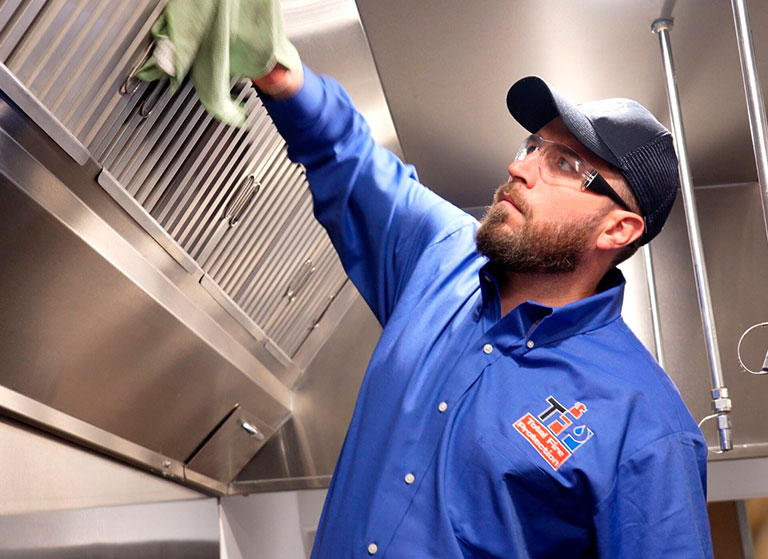
- Fewer lingering odors from grease and smoke, which can otherwise seep into dining areas and create an unpleasant experience for customers.
- Reduced exposure to harmful airborne particles, including volatile organic compounds (VOCs) and fine particulate matter that can irritate the eyes, nose, and respiratory system.
- A more comfortable work environment for staff, leading to better morale, fewer health complaints, and increased productivity during long shifts.
- A cleaner, more enjoyable atmosphere for guests, which encourages repeat visits and positive reviews—especially important in open-concept kitchens or fast-casual spaces.
Clean ducts contribute to a healthier, more welcoming restaurant experience for everyone. They help ensure your facility meets indoor air quality standards, support employee well-being, and create a pleasant dining environment that reflects your commitment to cleanliness and comfort. In a competitive industry, these details can set your establishment apart.
4. Boosting Energy Efficiency and Reducing Wear on Equipment
Exhaust systems that are clogged with grease and debris have to work harder to ventilate the kitchen. This overexertion can lead to increased energy usage and drive up utility bills. It also puts unnecessary strain on your HVAC and exhaust fans, shortening the lifespan of critical equipment and increasing the likelihood of costly breakdowns during peak hours.
Benefits of routine cleaning include:
- Improved airflow and ventilation system performance, allowing kitchen exhaust systems to operate at full capacity without obstruction.
- Lower energy consumption and utility costs, as clean systems don’t need to overcompensate for restricted airflow or clogged components.
- Extended equipment life and fewer repair needs, since fans, motors, and ducts are less likely to overheat or wear out prematurely.
- Reduced risk of unexpected equipment failure during service, helping you avoid operational disruptions and emergency repair costs.
In short, clean systems run more efficiently and cost significantly less to maintain. Over time, these savings can be significant—especially for high-volume kitchens operating long hours. Preventive maintenance through regular hood and duct cleaning is a smart, cost-effective way to reduce energy waste, protect your equipment investment, and keep your kitchen running smoothly.
5. Protecting Your Investment and Reputation
Your restaurant is more than a business—it’s a brand, an experience, and a significant investment. A fire caused by a neglected exhaust system can lead to catastrophic losses, including structural damage, destroyed equipment, extended closures, and long-term reputational harm. In an industry built on trust, consistency, and guest experience, even a single safety lapse can have far-reaching consequences.
Routine hood and duct cleaning helps safeguard your: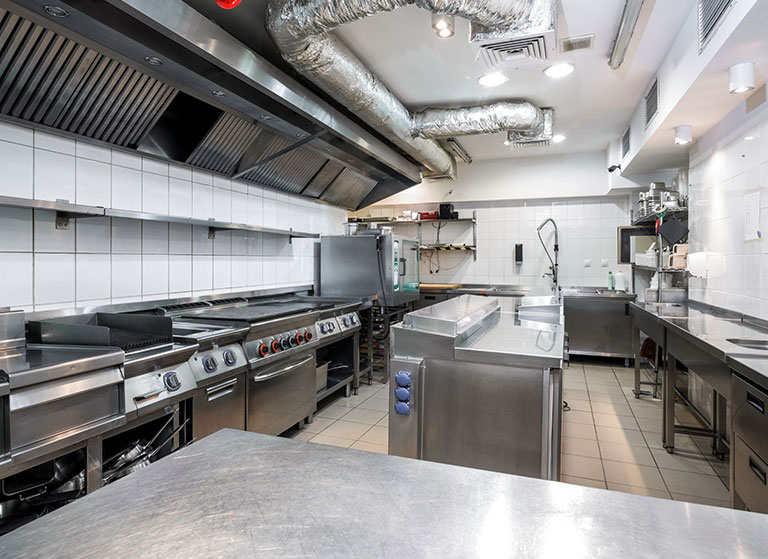
- Business continuity by avoiding fire-related shutdowns, ensuring your restaurant can maintain regular service without interruptions caused by safety violations or emergency repairs.
- Public image and customer trust, reinforcing your commitment to cleanliness, professionalism, and high safety standards that patrons notice and appreciate.
- Employee and customer safety, creating a secure environment where staff can work confidently and guests can dine without concern.
- Compliance history with regulators and insurers, reducing the risk of citations, fines, or increased insurance premiums due to lapses in maintenance.
Just one violation or incident can damage your brand’s reputation and financial stability. Regular maintenance is not just about preventing fires—it’s a proactive strategy to protect your long-term success, preserve customer loyalty, and demonstrate operational excellence in an increasingly safety-conscious marketplace.
Trust the Experts at Total Fire Protection
At Total Fire Protection, our certified technicians provide thorough hood and duct cleaning services across NYC and the Tri-State Area. We help restaurants stay compliant with NFPA 96, minimize downtime with flexible scheduling, and ensure systems are inspection-ready with detailed documentation. We also perform quarterly inspections and fire suppression system checks to keep your kitchen protected.
